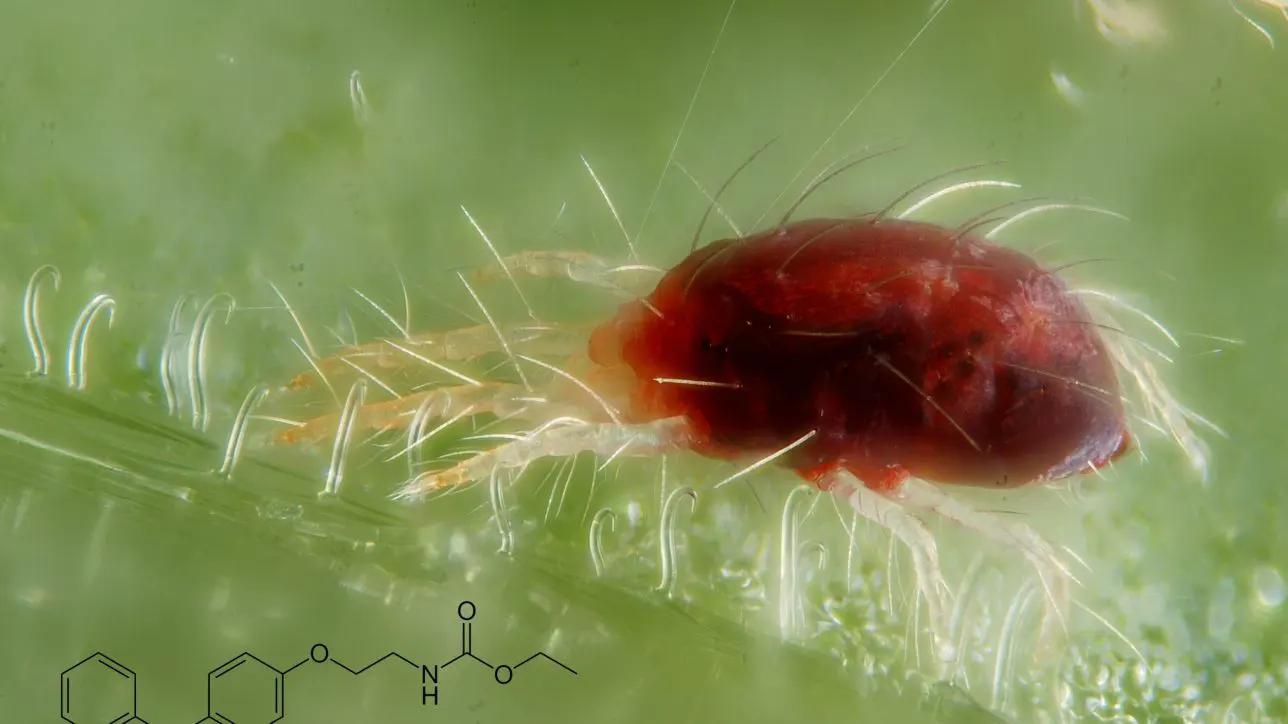Spider mites, aphids, thrips, and white flies can be pesky issues to deal with when doing indoor cultivation and the means growers use to deal with them aren’t always patient friendly. They say an ounce of prevention for a pound of cure, and that’s the ideal method for preventing infestations while keeping the interest of the patient in mind. However, some producers neglect to perform such preventative measures and resort to using pesticides and insecticides assuming that if these products are used early enough in the cycle then the final product will be unaffected.
This is not always the case, especially if one plans to utilize the whole plant for other purposes such as concentrate and edible production. Since the plant is being concentrated any kind of pesticide that is soluble in the solvent of choice has the potential to end up in the resulting product. For example we recently tested some shatter that came back positive for the presence of fenoxycarb. Fenoxycarb is an insect growth regulator that mimics a juvenile growth hormone causing larvae to never fully develop into adults. This compound has been banned under California’s Proposition 65 due to its carcinogenic properties and ability to cause reproductive toxicity.

